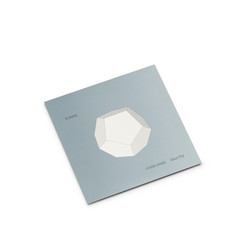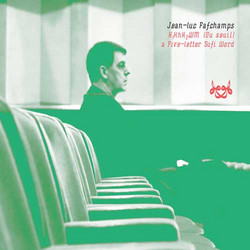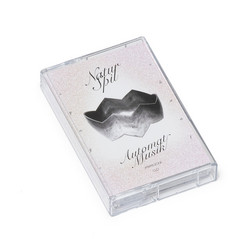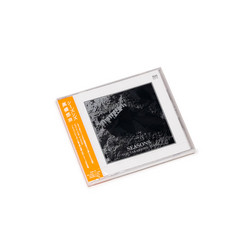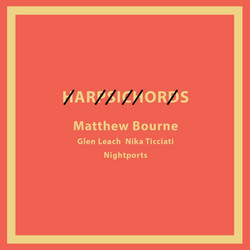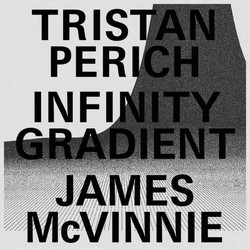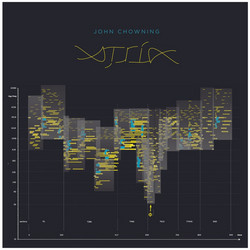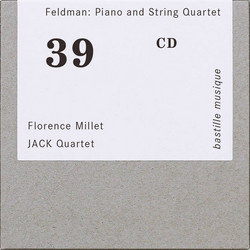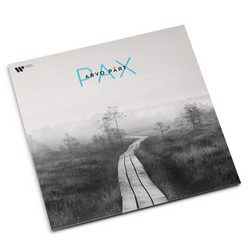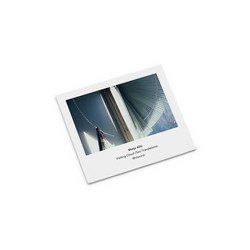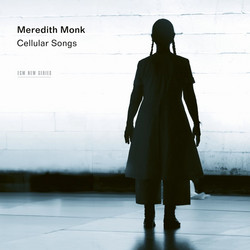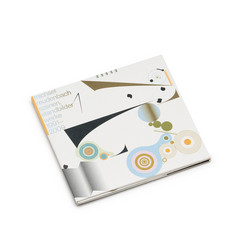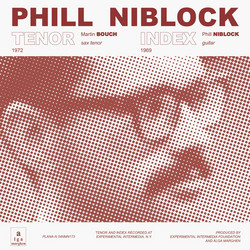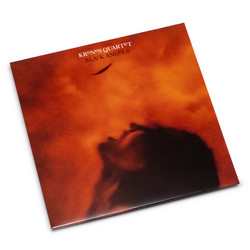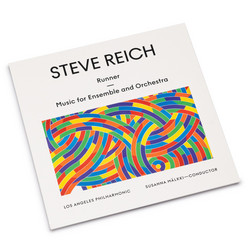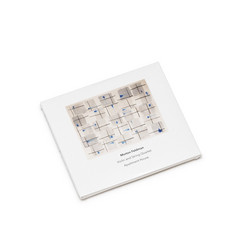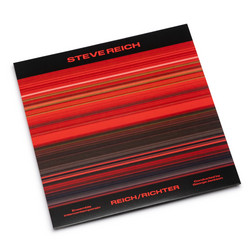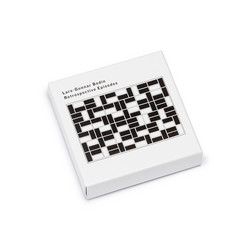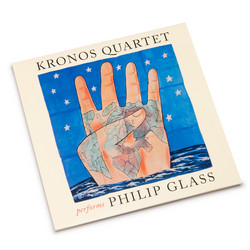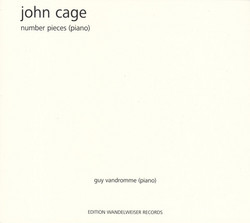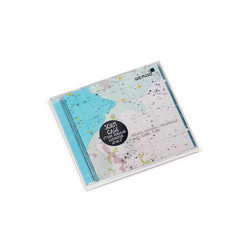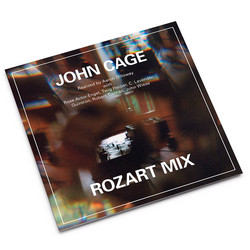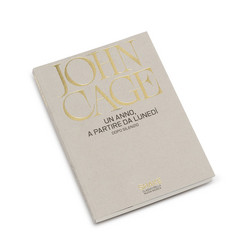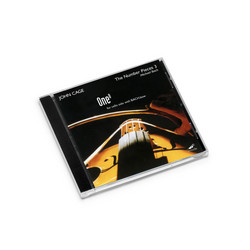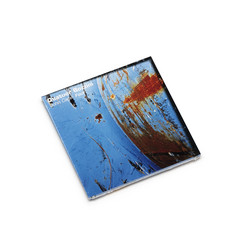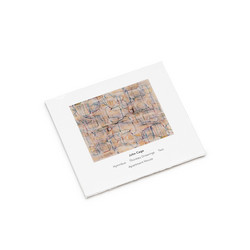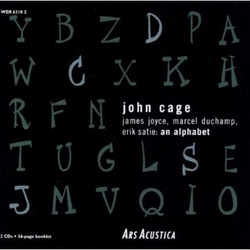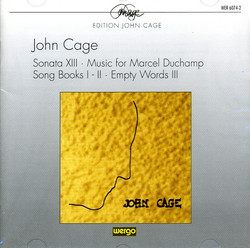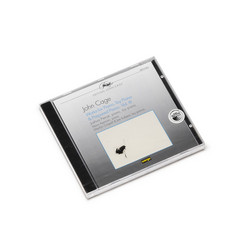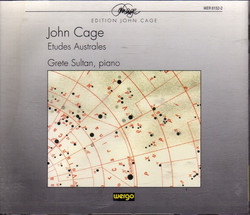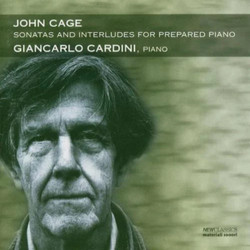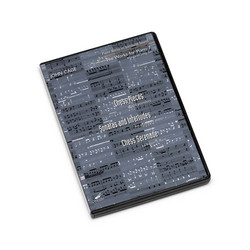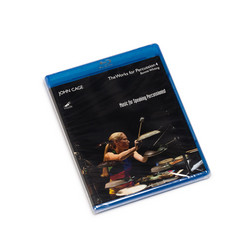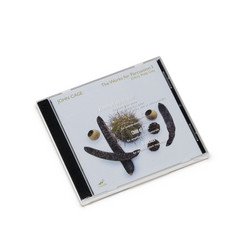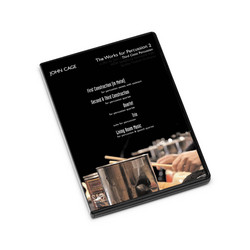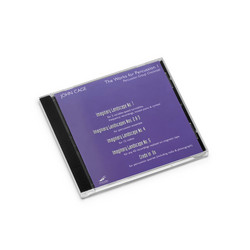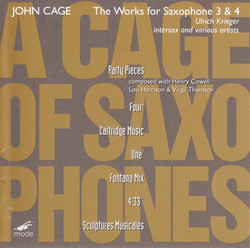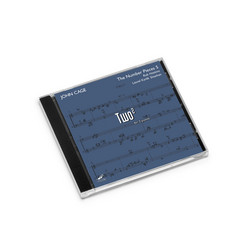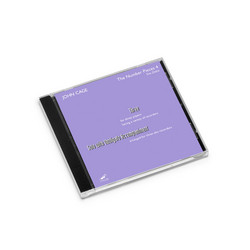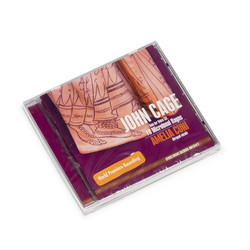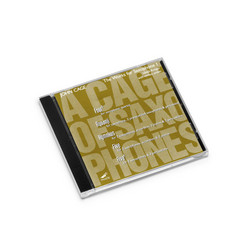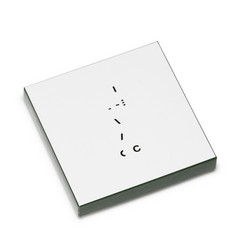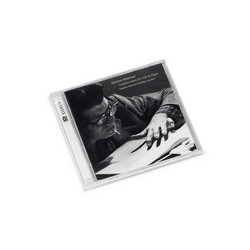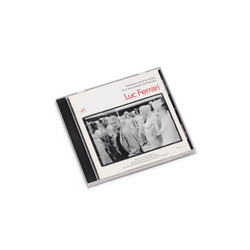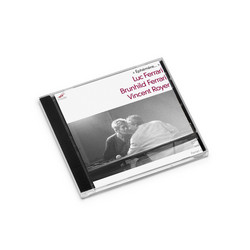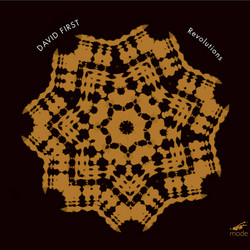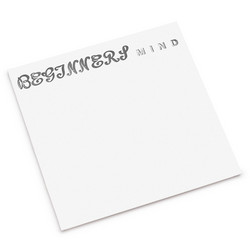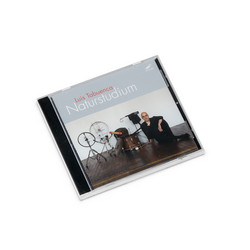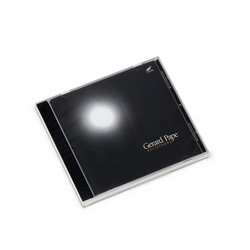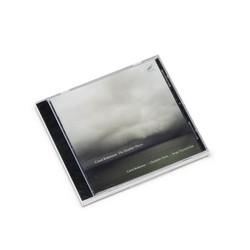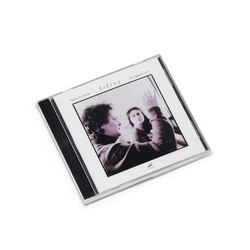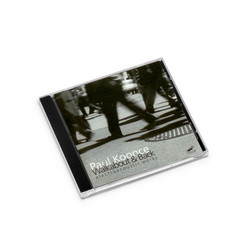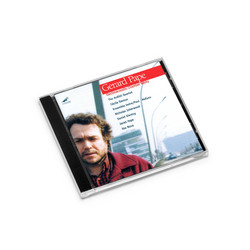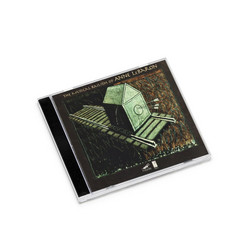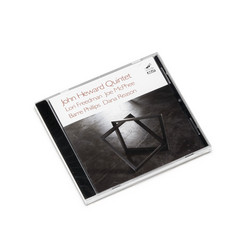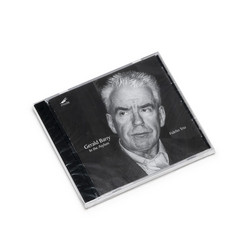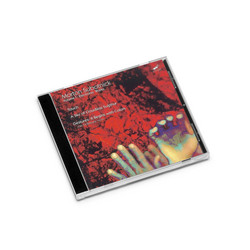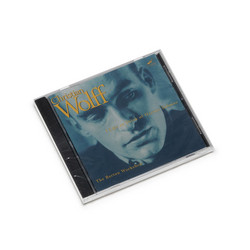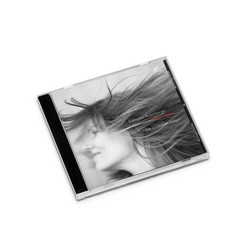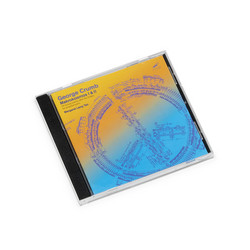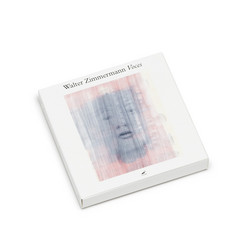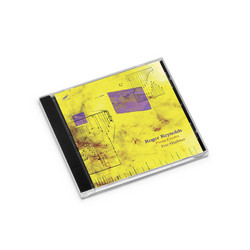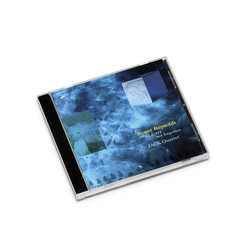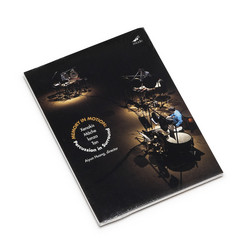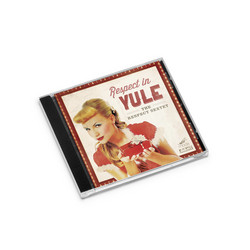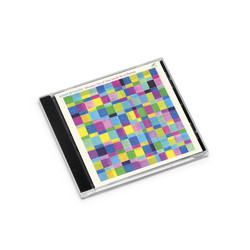John Cage's Freeman Etudes are the modern equivalent of Paganini's virtuoso solo violin etudes. Each etude is completely notated down to the smallest detail, and the composer states "...are as intentionally as difficult as I can make them...So I think that this music, which is almost impossible, gives an instance of the practicality of the impossible." The detail and complexity of these etudes give them a unique and unusual spot in Cage's oeuvre.
These first two books (there are 8 etudes per book) were composed between 1977 and 1980 with the help of Paul Zukofsky, who answered Cage's questions about what was (and wasn't) possible to play on the violin. Cage also composed the 17th Etude in 1980, but abandoned writing the remaining fifteen, believing them to be "almost impossible" music. They were abandoned until 1990, that is, when Cage heard Irvine Arditti's remarkable rendition of the first 16 Etudes. Once again, Cage had the inspiration and the impetus to complete the last two books, which Arditti has recorded on mode 37.
A goal of the Etudes is to make each one the same duration: as fast as one can play the most difficult Etude with accuracy. Arditti's performances are at blistering speed and center around three minutes per Etude, far faster than any other recorded version.
Mode had the pleasure to record the first 2 books under Cage's extremely pleased and helpful supervision. The booklet contains photos from the recording session.
Liner notes are by Cage scholar James Pritchett, who helped Cage with the materials to complete books 3 & 4 of the Etudes.
"Each of the 16 Etudes, eight per Book, amounts to a consummate test of skill. They indeed sound fierce, and from the single page reproduced in the booklet, look even wilder. The result sounds like Paganini on psychedelic drugs. Rather surprisingly from Cage, there is almost no letup of tension. The music is fiercely virtuoso, skirting the edge of impossibility, and relentlessly dramatic. Yet the music is never unpleasant or irritating, thanks to the remarkable bravura and dedication of Arditti. It certainly makes a great contrast to Cage's often simplistic keyboard style, where meditative elements tend to dominate.
This is, quite simply, one of the great violin performances on disc. Since Cage supervised the recording session, it can also be considered definitive. In splendid sound, the release offers a major contribution to recordings of contemporary music."
---Heuwell Tircuit, In-Tune Magazine
